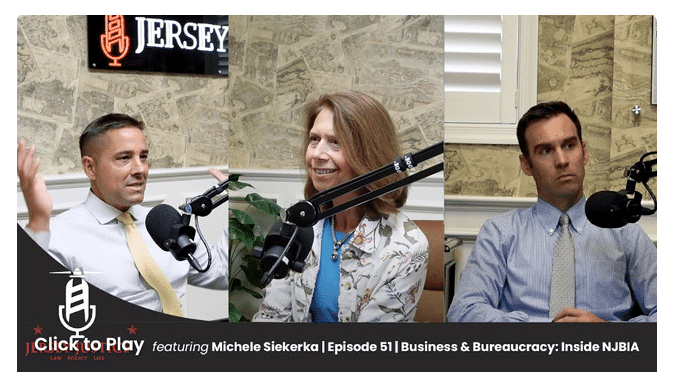Many employers require workers to agree to arbitrate claims against a company individually, but those agreements are being challenged by the National Labor Relations Board, which has ruled that they are unenforceable. This puts the NLRB at odds with various decisions of the federal district courts, which have upheld arbitration agreements with class-action waivers.
The issue goes before the U.S. Supreme Court Monday with hearings on three cases: Epic Systems Corp. v. Lewis; Ernst & Young LLP v. Morris; and National Labor Relations Board v. Murphy Oil USA .
According to the news website HR Dive:
“The Court has agreed to decide ‘[w]hether an agreement that requires an employer and an employee to resolve employment-related disputes through individual arbitration, and waive class and collective proceedings, is enforceable under the Federal Arbitration Act, notwithstanding the provisions of the National Labor Relations Act.’”
Two of the cases involve claims of unpaid overtime and the third involves the Fair Labor Standards Act. In all three, employees were subject to arbitration agreements, but wanted to pursue the actions collectively.
Employers argue that the Federal Arbitration Act specifically requires the enforcement of agreements, while NLRA does not refer to class proceedings. The NLRB and employees argue that class-action waivers violate employees’ Section 7 rights to engage in concerted activities for mutual aid or protection.


